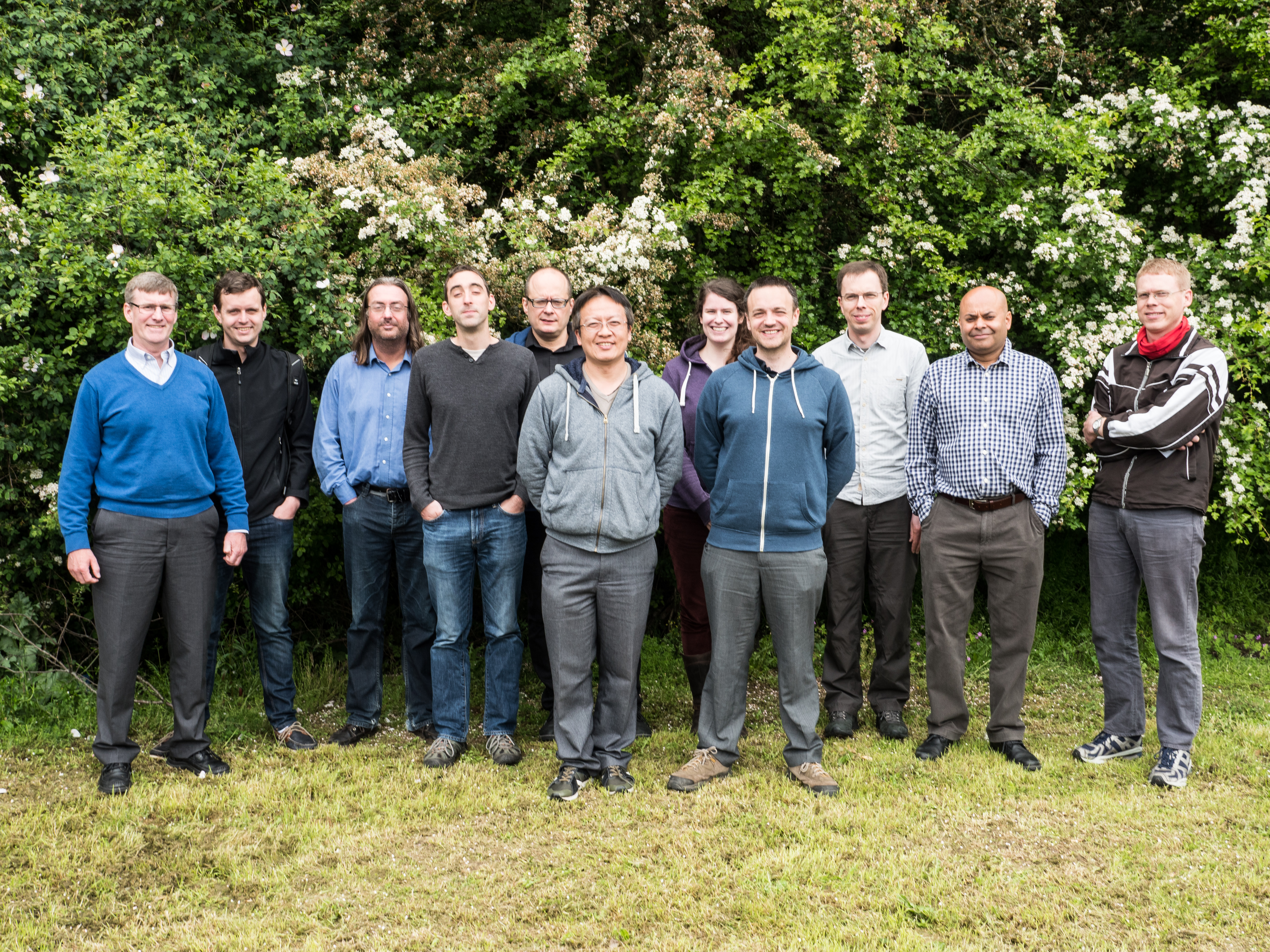NAG provides numerical software, consulting and high performance computing expertise to academia and industry. NAG was founded in 1970 as a collaboration between the universities of Birmingham, Leeds, Manchester, Nottingham and Oxford, and what is now known as the Rutherford Appleton Laboratory. In 1971 NAG developed the NAG Library, which has subsequently become the largest commercially available collection of high quality mathematical and statistical algorithms.

NAG has a background in helping academics and commercial organizations make better use of their HPC systems by improving the performance of the codes that run on them. This experience is directly relevant to the services that are provided by the POP project. NAG's track-record of success in HPC code performance optimisation can be seen in a range of case studies presented online at www.nag.co.uk; in over 80% of studies where improved code performance was the main aim, NAG's expertise resulted in speed-ups of at least 2x. These results were achieved using a range of techniques including data restructuring and implementing algorithms appropriate to new HPC architectures. In addition, NAG provides practical experience and support for procuring large supercomputers and associated support services, and in strategy development.
Alongside its work in the HPC field, NAG provides a range of services to help organisations find and implement numerical computation solutions. These include finding the best ways to solve complex problems and verifying that older applications remain valid and optimal for the latest processors and platforms. Additionally, NAG has been enlisted to help develop some externally-produced numerical libraries.
